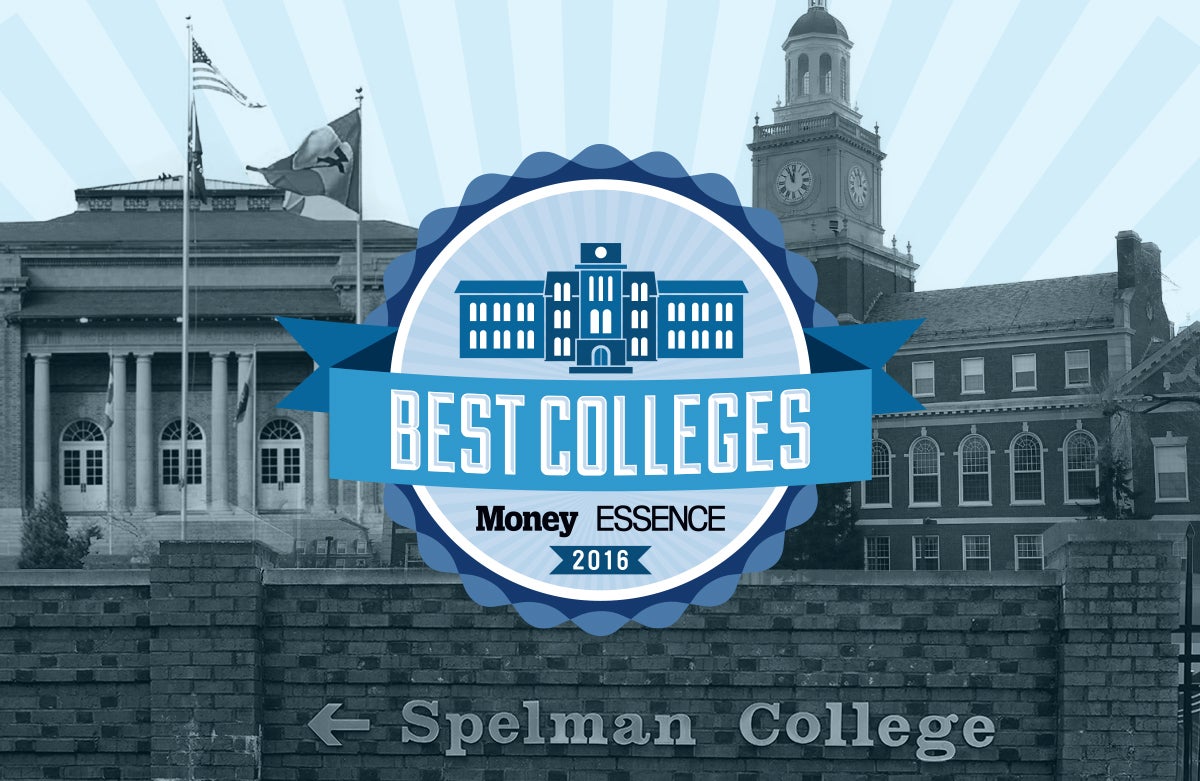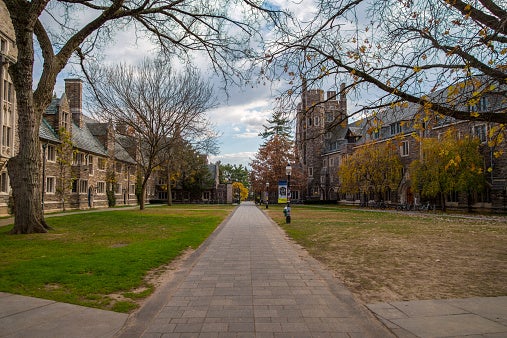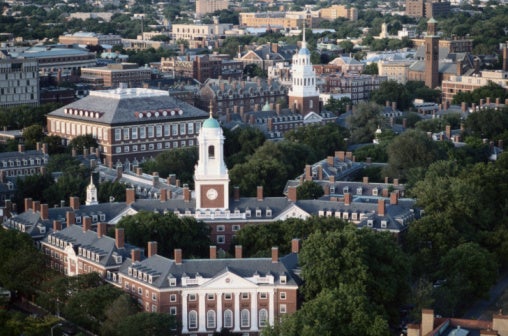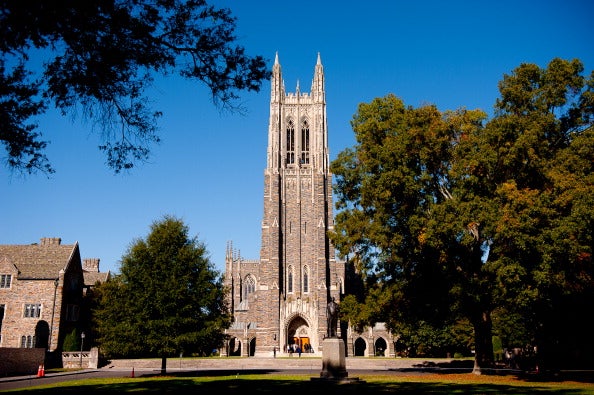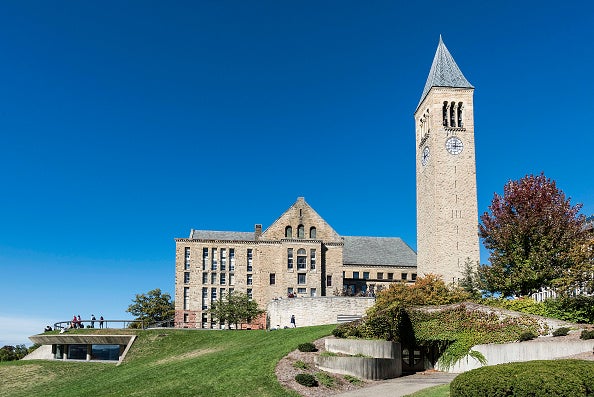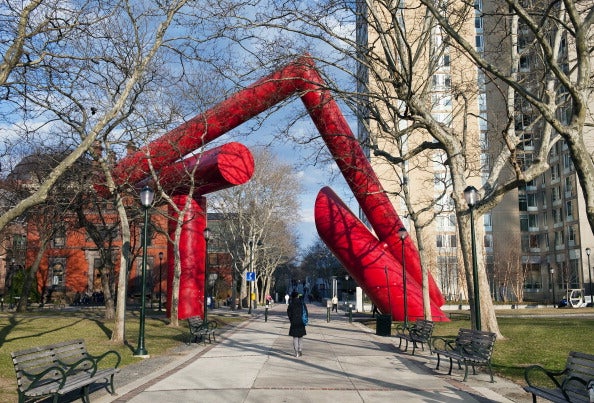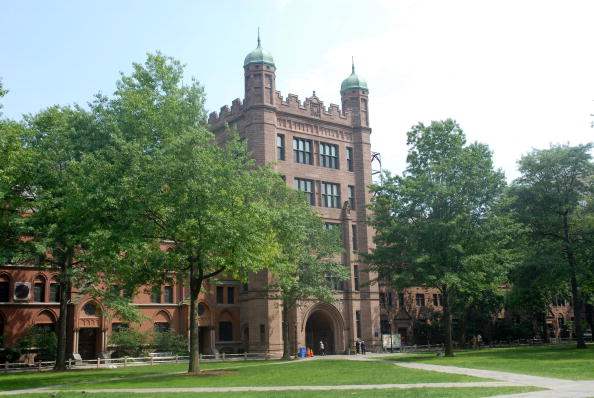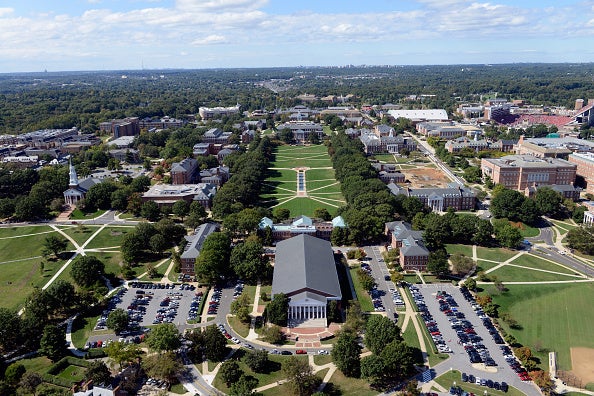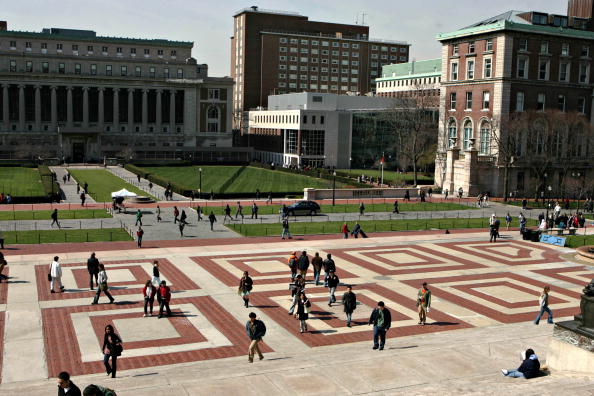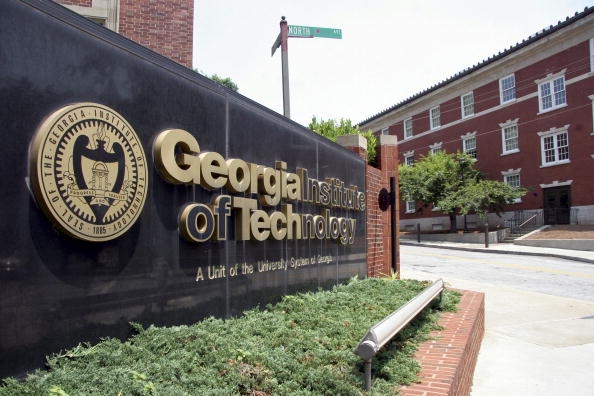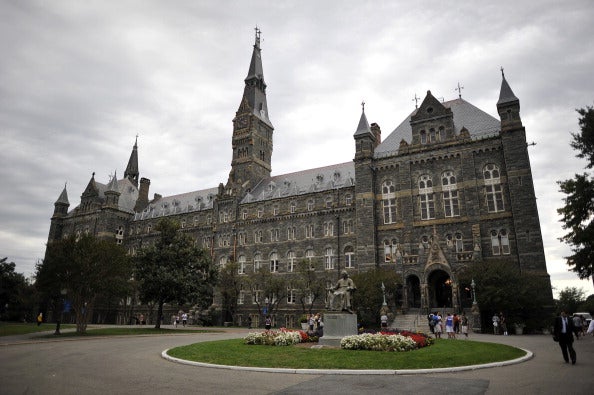ESSENCE partnered with Money Magazine to create a definitive list of the schools that serve Black students the most. Read about our methodology here.
“There’s so much diversity here,” says Allie Burton, 20, a junior majoring in computer science. Students have the opportunity to learn from Nobel laureates and Pulitzer Prize–winning professors, and its alumni—including First Lady Michelle Obama and Supreme Court Justice Sonia Sotomayor—have gone on to influential careers.
What’s more, in 2001, the New Jersey institution began offering financial aid packages with grant money from the university to replace the amount families would have had to borrow in student loans. Black students sometimes will have to navigate challenges that come with being in such a prominent institution. Last fall, the student group Black Justice League held a sit-in in the main office building, asking that the university make the campus more welcoming. Princeton quickly responded by creating a committee to assess the students’ demands, a move that suggests an environment willing to evolve along with its students’ needs.
Harvard is where talented Black students go to succeed: 96 percent of the Black students who enroll earn a bachelor’s degree. The Cambridge, Massachusetts, school is also where Black students can learn to be leaders. Two years ago, some of them turned to social media, creating the I, Too, Am Harvard campaign to express concerns they had about life on campus.
“This is not an anti-Harvard campaign,” Kimiko Matsuda-Lawrence, the student who organized the project, told reporters at the time. “It’s us raising our voices and trying to change Harvard for the better.” Indeed, the experiences captured in the project rippled across the nation, inspiring students at other highly selective campuses to offer their own versions.
“Even though the Black community at Duke was small, it had some of the most brilliant and fascinating people I had ever met,” says student Edom Tilahun, 19, about why she chose the university after visiting. “They were very engaged in their community and had productive conversations to solve issues on campus and a balanced social life. It was everything I could ask for in a college.”
Nestled among the gorges of Ithaca, New York, Cornell University has a long history of having progressive Black people inhabit its space. In 1906, seven Black men founded Alpha Phi Alpha Fraternity, Inc., the first Black intercollegiate fraternity, on Cornell’s campus. Further, the school’s Ujamaa Residential College, a dormitory/learning community that Black students can choose to live in, helps these scholars overcome homesickness.
“The Black community and its impact on the university surprised me the most about Penn,” says Christy Charnel, 20, a freshman who transferred to the university last fall. “I did not realize they had such a strong voice on campus and it has definitely made my experience thus far worthwhile. Also, the fact that the university is the top in the nation for nursing, which is my major, made it an even better choice.”
Among the Ivy League institutions, Yale is considered to be the most appealing for students with interests in the arts. Most notably, its graduate programs in acting and theater have produced thespians such as Angela Bassett and Lupita Nyong’o. And though its academic programs are stellar, the New Haven, Connecticut–based school found itself at the forefront of protests over racial issues on campus sparked by two Halloween-related incidents.
“I like the independence that I have here at school,” says Madison Moore, 21, an anthropology major. “I have my dance community, which overlaps with my Jamaican community, and so on. There is also a great sense of community between all students of color, but we are not forced to stay within those specific groups.”
As the alma mater of President Barack Obama, CU might be able to lay claim to perhaps the most prominent Black alumnus in the nation. According to Insights Into Diversity, the university has spent more than $85 million on increasing diversity in its faculty over the past ten years and received industry awards for its efforts.
“I chose Georgia Tech twice: first as an undergrad some 30 years ago and second as a faculty member some 13 years ago,” says Charles L. Isbell, 46, who is senior associate dean for the School of Interactive Computing there. “In both cases, I was attracted to GT’s reputation in my chosen field and its embrace of breadth and diversity.”
Georgetown offers an education rooted in Catholic values of inclusion. Last fall 250 students protested, demanding that the D.C. school rename two buildings on its campus named after former university presidents, one of whom authorized the sale of 272 slaves to a plantation in Louisiana to finance the university’s growth. Administrators changed the buildings to Freedom Hall and Remembrance Hall temporarily until permanent names are selected. “As a university,” Georgetown president John J. DeGioia wrote, “we are a place where conversations are convened and dialogue is encouraged, even on topics that may be difficult.”
